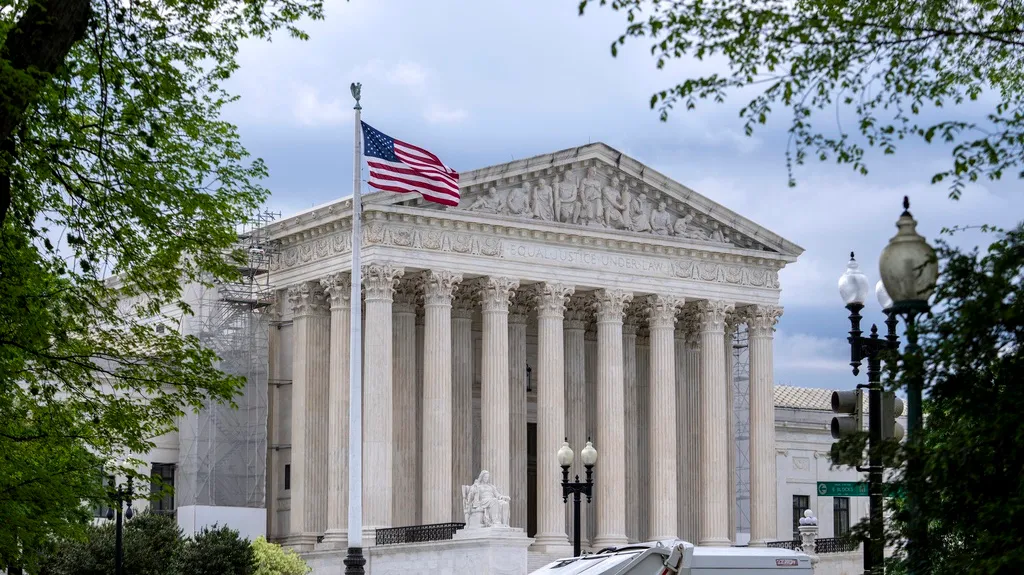April 13, 2016
Vermont to Target 'Willful Violations' of GMO Labeling Law
Lisa Rathke READ TIME: 3 MIN.
As Vermont is set to become the first state in the country on July 1 to require the labeling of foods containing genetically modified ingredients, the state's attorney general says his office will enforce the law by targeting "willful violations" by manufacturers and not products that were produced before that date that are still on store shelves.
"What we're really going to go after is folks who are willfully noncompliant, who are just not putting labels on their products at all or otherwise trying to skirt the labeling law," said Todd Daloz, an assistant attorney general.
Because some shelf-stable food will be produced and distributed before July 1, the state is allowing for a six-month period for those products to move through the system. The attorney general's office says it won't take enforcement action for those products during that time, unless there's evidence that a manufacturer distributed a mislabeled product after July 1.
"Those long shelf stable products are not our concern. Our concern is going to be manufacturers who are choosing not to label or are not labeling for whatever reason," Daloz said.
The law requires manufacturers to label packaged foods produced with genetic engineering and stores must post a label on or near unpackaged genetically engineered foods such as produce and bulk food.
The Food and Drug Administration says genetically modified organisms, which can include food made from seeds that were engineered in laboratories to have certain traits, are safe, but labeling advocates say not enough research has been done and people have a right to know what's in their food. Advocates also say the use of GMOs has led to big increases in herbicide use.
Maine and Connecticut also have passed laws that require such labeling if other nearby states put one into effect.
Some foods are exempt from Vermont's labeling law like meat, honey, plain milk or eggs - foods entirely derived from an animal that don't have added ingredients and regardless of whether the animal has been fed or injected with food or drugs produced with genetic engineering. Also exempt are foods that require USDA approval of their labels such as those containing meat or poultry like a frozen dinner or can of SpaghettiOs. Alcohol is also exempt.
Violators face civil fines of up to $1,000 per day, per product, and not based on the number of individual packages of the product. Retailers who are out of compliance would get a 30-day warning to correct the problem before facing fines.
The Grocery Manufacturer's Association, which has called for a national solution rather than what it says is a patchwork of confusing and costly state labeling laws, says Vermont's law is arbitrary and confusing. It says it's concerned about lawsuits from private citizens and organizations against food companies and says a recent memo from Vermont Attorney General Bill Sorrell does not make clear how he will know a "willful" violation without bringing an action.
In recent weeks, food companies Kellogg, Mars, ConAgra, and General Mills have joined Campbell Soup Co. in saying they will print new national labels in preparation for Vermont's law but oppose state-by-state labeling requirements. cxc
The Vermont attorney general's office has received a lot of inquiries from manufacturers about compliance issues, said Daloz.
"And it's heartening to see major manufacturers ... choosing to put what from our view is a very simple factual disclosure on the label and with what appears to be not a tremendous amount of burden on them to put those four words on the label," he said.







